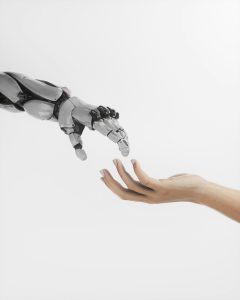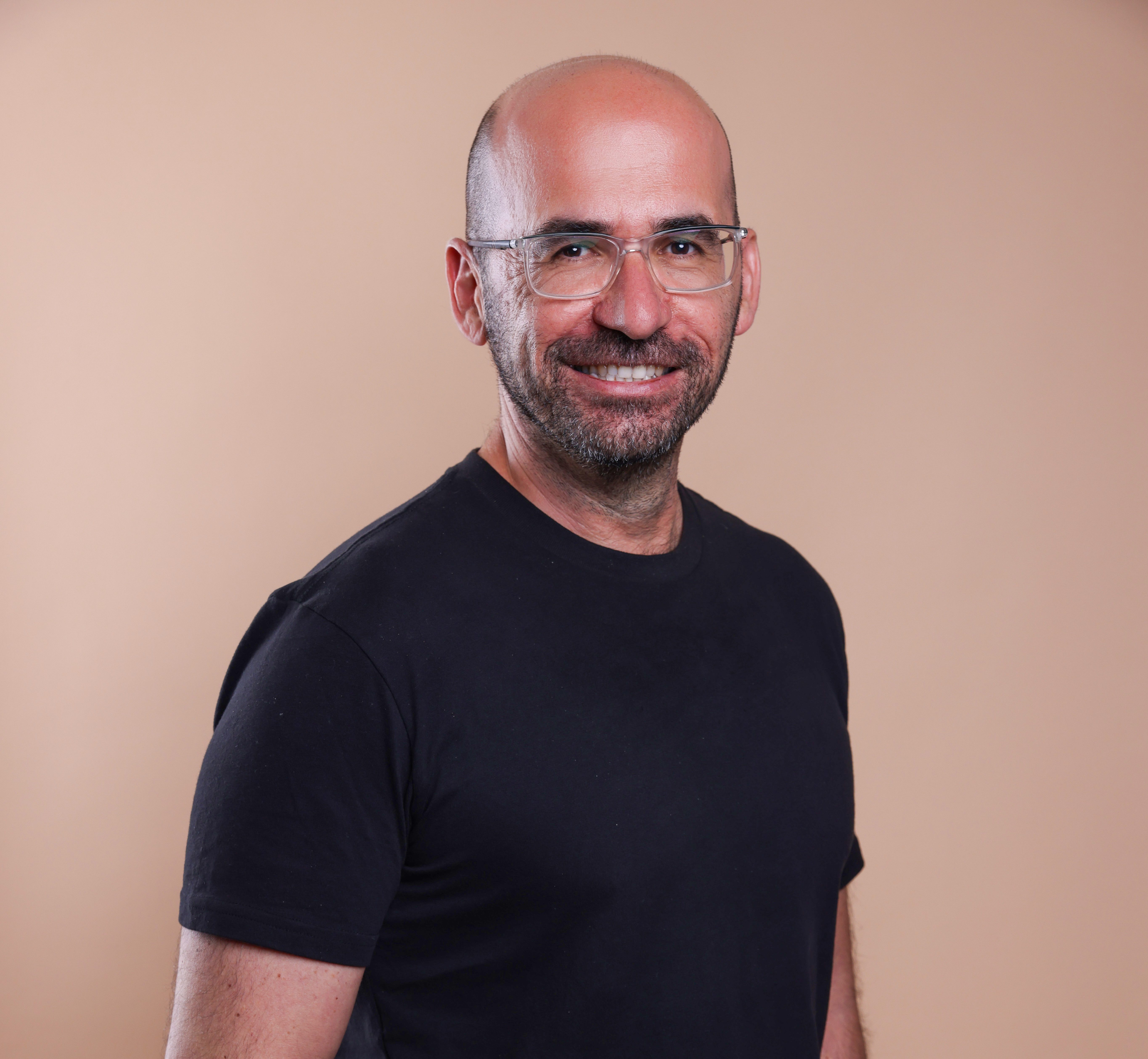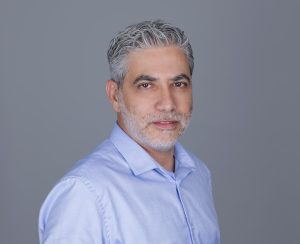The Palm of the Hand
“Twenty-seven bones,
Thirty-five muscles,
Close to two thousand nerve cells
In every pad of our five fingers.
This is enough, and more,
To write ‘Mein Kampf’
Or ‘Pooh the Bear’.”
Whenever there’s a discussion about artificial intelligence, this short, brilliant poem by Wisława Szymborska always leaps to my mind. This poem constantly reminds me that every tool that humankind creates, invents, or innovates– and the way it comes to life in the world– is nothing more than, and nothing less than, a precise reflection of the psyche of the person who invented and operates it. Artificial intelligence is a tool, admittedly a sophisticated one, but like fire that can burn, that same fire can also warm lovers by a campfire in the desert; a knife can slice cheese, but it can also turn into a weapon. The use of any tool ever invented, or that will ever be invented, is nothing more than a reflection of the morality and emotional depth of the human being, of humanity.
And when I think of education, I think exactly about the teacher who is no longer the source of knowledge, but is still a moral source capable of sparking discussions in the classroom about big questions of morality, the soul, and spirit. These discussions, in turn, will nurture critical thinking among the students about good and evil, justice and injustice, love and hatred. About tools in general.
In the Backyard
The cactus blooms today
(For today)
The cactus whose name
I do not know
And if I don’t see it
Who will?
Almost no day goes by without me sitting in front of my new friend, Claude. His brown screen, one of my favorites. The ping-pong between us is thoughtful, soaring to the heights of contemplation and diving into the depths of wonder. But then comes Aggie Mishol with her poem “Responsibility,” and it makes me pause for a moment and disconnect from that warmth. The cactus is the student in the middle row, his name is Yaniv, and Shira who sits at the front of the class. They already know Claude, he even says “Good morning” to them, but he doesn’t see them. He doesn’t feel them. His mental presence is the absence of warmth, the expression of the face, the feeling, the touch of the teacher’s hand on Shira’s shoulder, as if saying, “If I don’t see you, who will?” The algorithm? It hasn’t been invented yet, and I doubt it ever will. Compassion, presence, empathy– this biological thing is called a human being who can feel, who has the ability to form deep and meaningful relationships.
What is written in this article does not criticize, oppose, or deny the fact that artificial intelligence is an integral part of our lives. It will continue to deepen immeasurably and, without a doubt, is here to stay. This article, however, is written to remind us that artificial intelligence is a sum of the knowledge, questions, and inquiries humanity has made so far–in other words, it does not know what humanity has yet to invent. On the other hand, the words I’ve written are here to provoke thought, humbly, about the simple human connection: gaze, the spiritual dimension that cannot be decoded, not even by artificial intelligence. This too is here to stay, if we remember to always ask: what makes a human being different from a machine?




